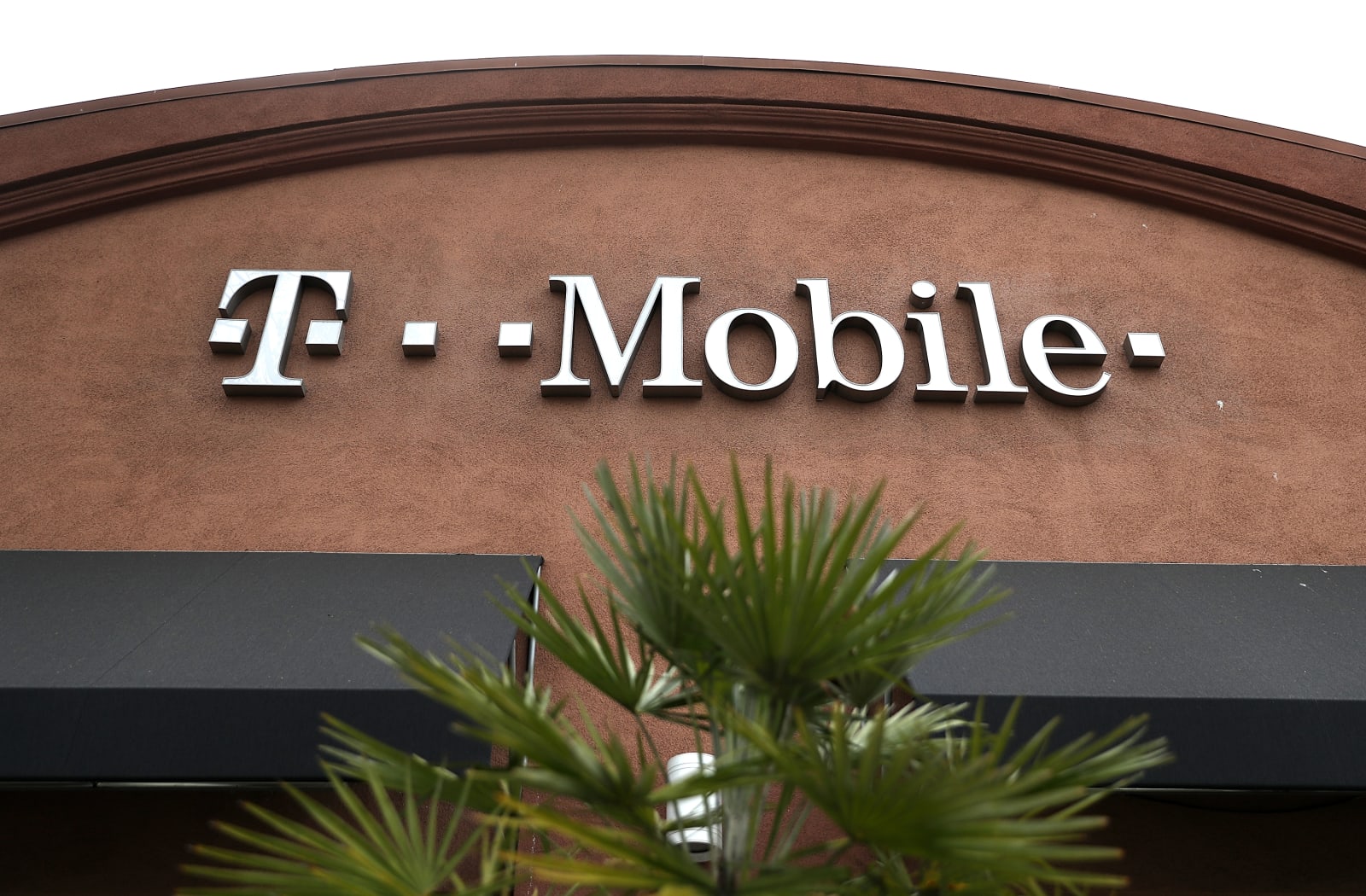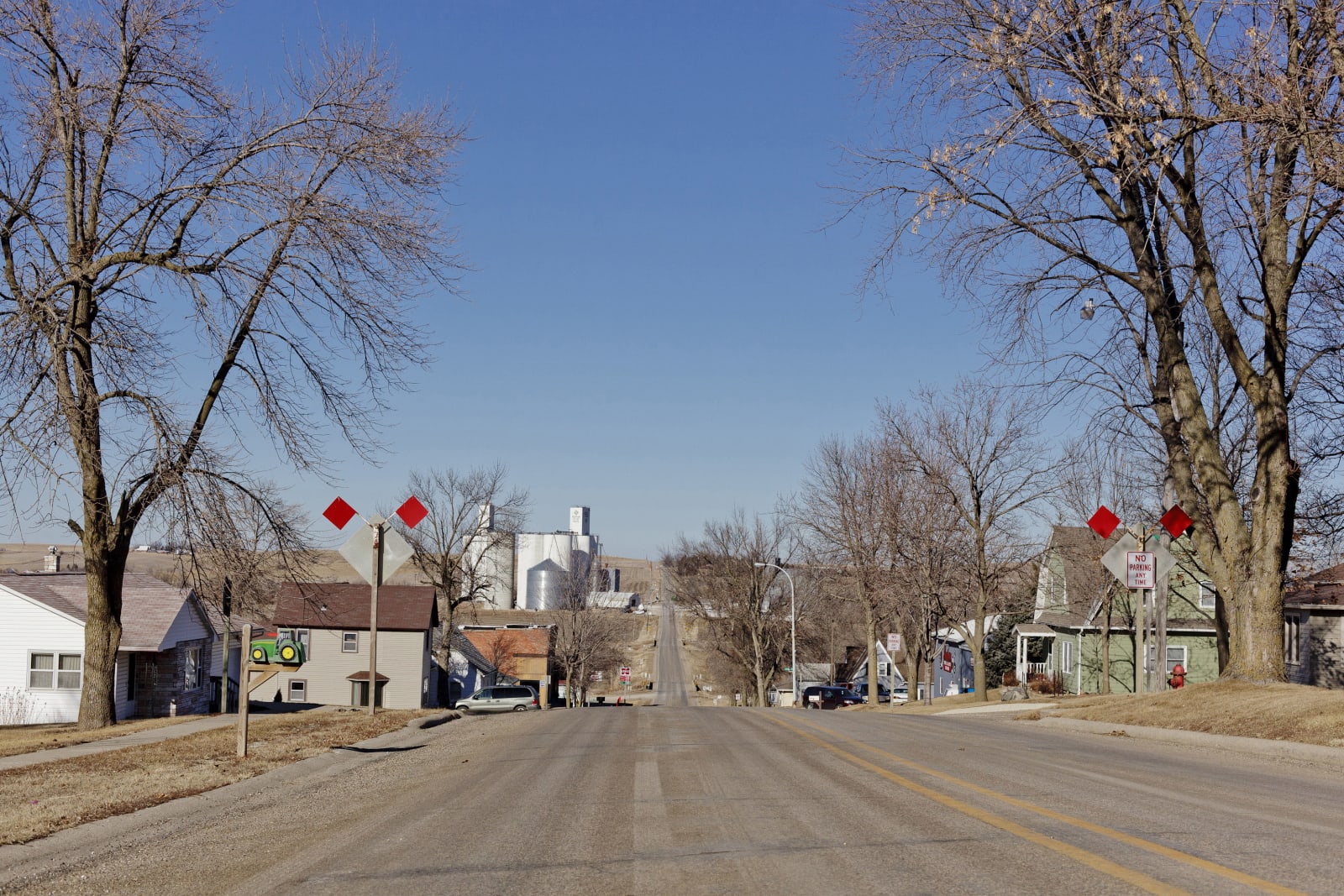
In 2011, a United Nations commission came to a powerful conclusion: access to broadband internet is a basic human right, matched by the likes of housing, sustenance and healthcare. Arguments can be made that widespread access has transformed entire economies while kick-starting others, with Finland even going so far as to command its ISPs to provide 1 Mbps connections to all homes regardless of location. Both the United States and the United Kingdom have similarly ambitious plans, and all three of these countries have one particular catalyst in common: funds.
The harsh reality, however, is the economies that stand to gain the most from sweeping internet adoption are also the least equipped to enable it. In early 2010, the European Bank estimated that a project to roll out passive optical fiber to 33 cities in the Netherlands would cost nearly €290 million. The mission driving such funding? "To stimulate innovation and keep Europe at the forefront of internet usage." It's the answer to a problem that could undoubtedly be categorized as "first world," but consider this: Internet World Stats found that 92.9 percent of The Netherlands' population routinely used the world wide web in 2012. Let's just say it's easier to invest in an initiative that you're certain nearly 9 in 10 citizens will use.
In the whole of Africa, just 15.6 percent of residents are connected to the internet, which is under half of the world average. It's also home to vast, inhospitable landscapes that are economically inviable to crisscross with fiber. All of that being said, nearly a sixth of the globe's population resides on the continent, representing a monumental opportunity for something -- anything -- to connect the next billion people. As it turns out, there are actions presently ongoing to make a significant mark in the course of history. Google, Microsoft, Carlson Wireless, Tertiary Education and Research Network of South Africa (TENET) and a host of other powerful entities are collaborating to bring high-speed internet to an underserved continent via TV white spaces -- a low-cost, highly adaptable technology that's poised to explode. For now, Cape Town, South Africa, is acting as a proving ground for what will eventually be a far larger experiment. The core goal is actually quite simple: to beam hope to a disconnected society, with unused bands between TV channels acting as the medium. %Gallery-slideshow67067%
Filed under: Networking, Internet, Mobile, Google
Comments
 T-Mobile is rolling out home internet service with an invitation-only trial starting today. It hopes to connect 50,000 homes in rural and underserved areas through the LTE program this year.
T-Mobile is rolling out home internet service with an invitation-only trial starting today. It hopes to connect 50,000 homes in rural and underserved areas through the LTE program this year.
 T-Mobile is rolling out home internet service with an invitation-only trial starting today. It hopes to connect 50,000 homes in rural and underserved areas through the LTE program this year.
T-Mobile is rolling out home internet service with an invitation-only trial starting today. It hopes to connect 50,000 homes in rural and underserved areas through the LTE program this year.
 The FCC is acting on its promise to pour more money into rural broadband. The regulator has formally offered an additional $67 million to 207 rural carriers through the Connect America Fund on the condition they "significantly expand" access to serv...
The FCC is acting on its promise to pour more money into rural broadband. The regulator has formally offered an additional $67 million to 207 rural carriers through the Connect America Fund on the condition they "significantly expand" access to serv...
 The US government has unveiled a strategy called the American Broadband Initiative (ABI), which aims to speed up broadband deployment and bring faster, reliable internet access to tens of millions of Americans who don't yet have it. More than federal...
The US government has unveiled a strategy called the American Broadband Initiative (ABI), which aims to speed up broadband deployment and bring faster, reliable internet access to tens of millions of Americans who don't yet have it. More than federal...
 The FCC got the go ahead for its rural broadband subsidy plan, Connect America Fund, in 2014. The fund -- intended to bring high-speed internet access to the least served communities in the US -- has since directed $170 million to New York, and AT&am...
The FCC got the go ahead for its rural broadband subsidy plan, Connect America Fund, in 2014. The fund -- intended to bring high-speed internet access to the least served communities in the US -- has since directed $170 million to New York, and AT&am...






